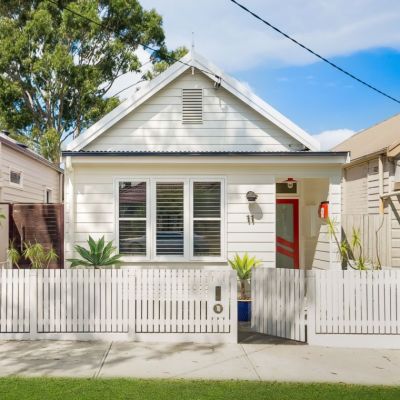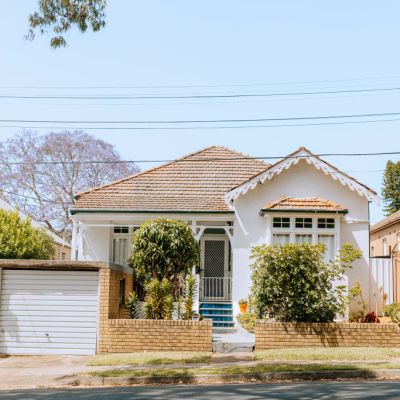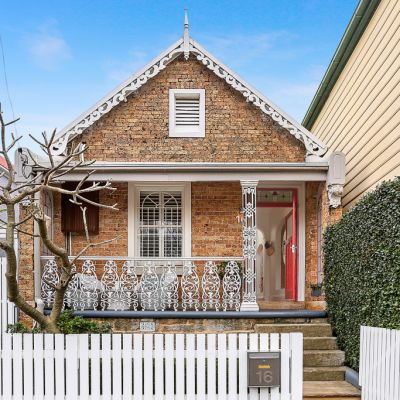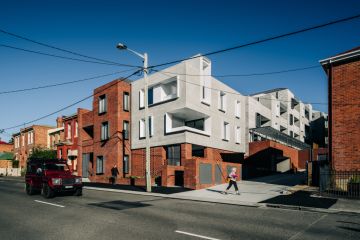Easy-to-follow budgeting tips for first-home buyers
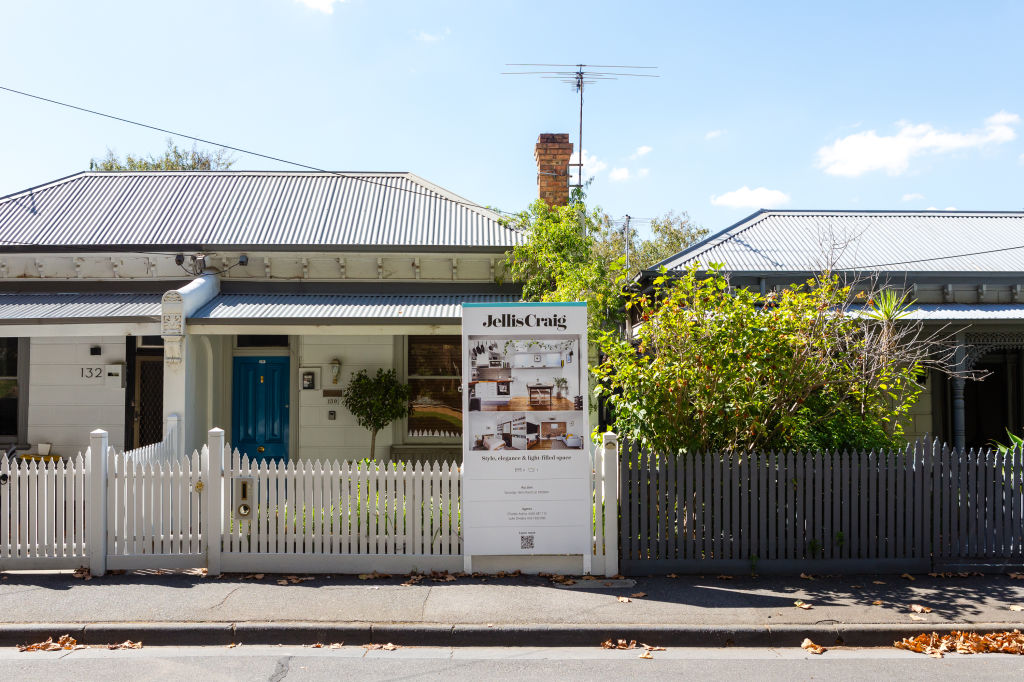
Trying to break into the market? It can be equal parts daunting and exciting to prepare to dip your toe into the world of home ownership.
Recent reports have found that Australia’s average house deposit is around $120,000 (bearing in mind that the typical first-home buyer’s deposit is between 5 per cent and 20 per cent of the property’s purchase price).
It’s no small figure, and it indicates that saving a deposit is often the biggest hurdle faced by aspiring home owners.
The latest Domain First-Home Buyer Report, released in February, found that the average time for an Australian couple aged 25-34 to save the 20 per cent deposit required for an entry-priced house is now six years and eight months in Sydney and five years and five months in Melbourne. (Darwin will hasten your entry, with just three years and seven months required.)
Just like saving for retirement, squirrelling away money for your first home deposit is a rite of passage. While it might seem difficult at first, with practice, it can become second nature. Remember: it’s short-term pain for long-term gain.
And as this guide will demonstrate, there are practical budgeting tips and tricks that can help speed up the process and get you on the property ladder faster.
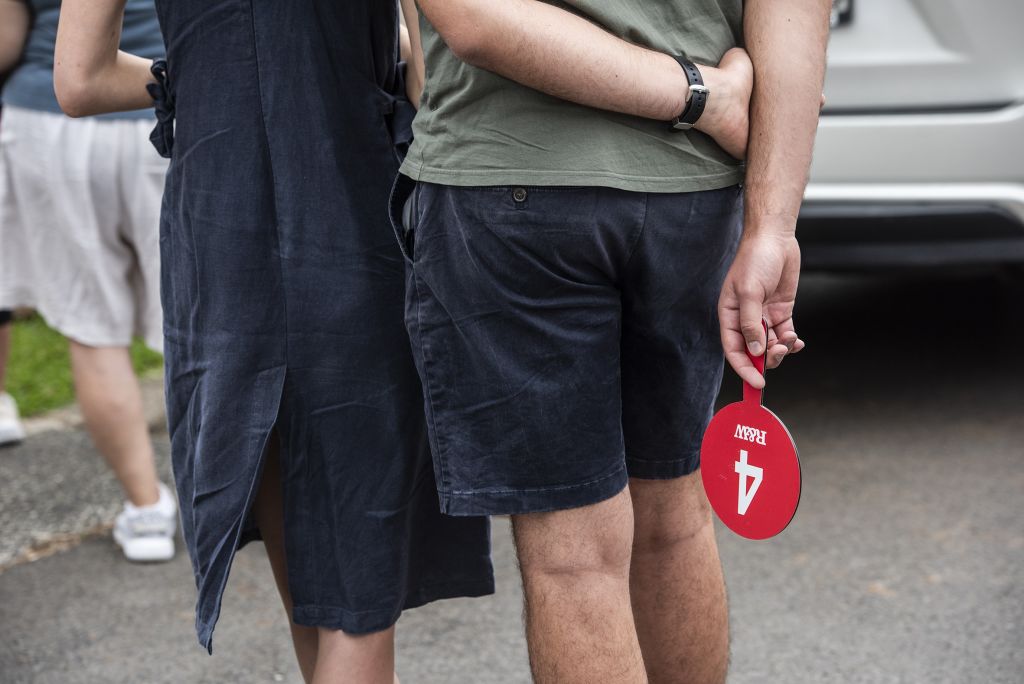
What is the 50/20/30 budget rule?
The 50/30/20 budget rule states that you should spend up to 50 per cent of your after-tax income on any fixed expenses – those needs and obligations that you must have or must do. Things such as rent, car payments, insurance and groceries fall into this category. The remaining half should then be split between savings and paying off debt (20 per cent) and everything else that you might want to buy (30 per cent).
One of the best ways to stick to this golden ratio is to adopt separate bank accounts for different purposes. Use one account for your needs, one for your wants and one for that rainy-day emergency fund, and devote one high-interest savings account to growing your home deposit.
These days, it’s relatively simple to automate your money management. It can help to set up an automatic transfer into your accounts a day after your salary lands – the less you have to think about it, the less chance you’ll be tempted to spend above your limits, which is particularly important if you’re one of those people who find it difficult to stick to a budget.
How much money should I spend per week?
The eternal question of spending boils down to a case of needs versus wants.
We need to eat – but we don’t have to eat steak or seafood every second night or even every week.
“When it comes to budgeting, look at your expenses thoroughly and identify the areas in which you can cut back,” says Lauren Goudy, buyer’s agent at Sydney Slice. “Be goal orientated. It’s okay to compromise on your lifestyle in the short-term when it’s all about setting yourself up long-term for the future you want.”
It’s important to ensure you have enough money on hand for unexpected expenses and emergencies. If your car needs a new radiator or you get sick and have to take time off work, do you have a safety net that will allow you to continue making mortgage payments on time?
Even “fixed” needs such as rent can sometimes be reclassified as wants. If you have the capacity (and willing parents who haven’t turned your bedroom into their home yoga studio), consider moving back into the family nest. Escaping that hefty payment can really supercharge your savings.
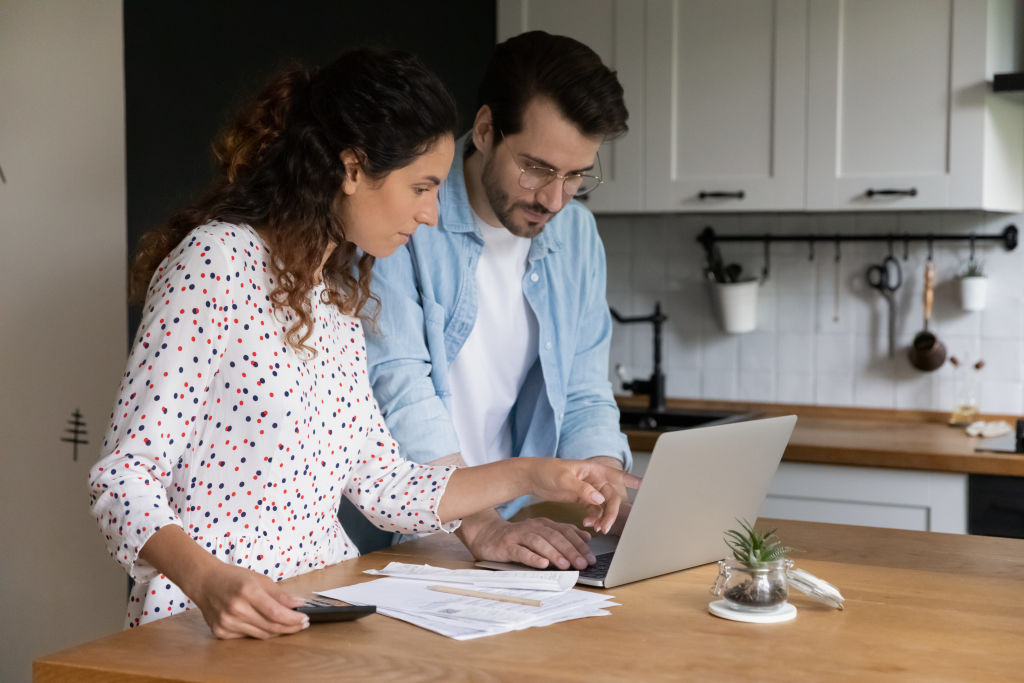
How much does the average Australian spend weekly?
Cost-of-living pressures are headline news at the moment – for good reason.
Real disposable income has fallen by seven per cent since early 2022, when the Reserve Bank of Australia (RBA) started lifting the cash rate. The latest Australian Bureau of Statistics (ABS) data, released in January, revealed household spending increased 3.1 per cent over the year. Australians are spending more on necessities including health (up 7.8 per cent) and transport (up 8.3 per cent).
Comparison site Finder crunched the government data and found the average Australian household spent $2507 a week in 2022.
It’s basic human psychology that the more we earn, the more we tend to spend. That’s why it’s important to keep a tight rein on credit cards.
Mortgage lenders will take into account any credit cards you have when assessing how much you are eligible to borrow. But more pertinently when saving for a home deposit, make sure you look into the way you use your credit card (or cards).
The average credit card interest rate in Australia is 18.05 per cent a year, according to the RBA. And while we’re now carrying less credit card debt on average than in the past, it can still pose a problem for some people.
To avoid paying that prohibitive interest rate, make sure you pay off the card in full each month. And when you decide to spend your money on a discretionary purchase, consider waiting 24 hours: this cooling-off period will help you decide if you really want it, or if it’s a spur-of-the-moment decision.
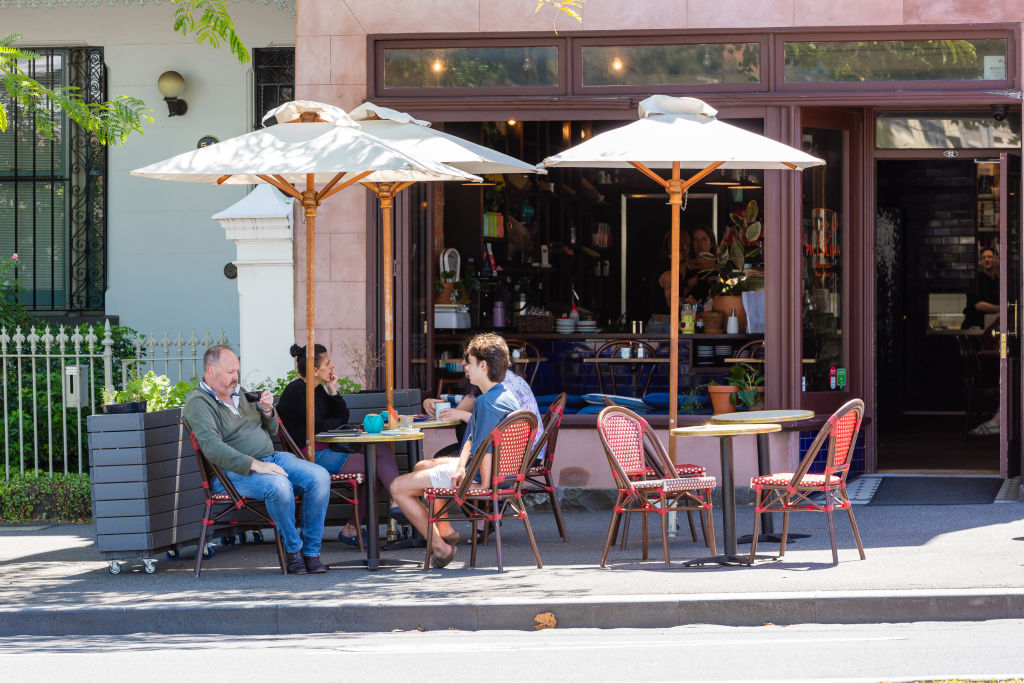
What is the average salary in Australia?
According to the most recent ABS data, the median full-time wage in Australia is $83,200 or about $64,029 after tax. This equates to $1231 per week.
The median wage varies across states and territories – ACT workers are on the highest median wage of $1550 per week, followed by Sydney ($1400 per week), Brisbane ($1347), Perth ($1346) and Melbourne ($1341).
What is the average grocery bill per week in Australia?
Finder has found that the average Australian household is currently spending $188 per week on groceries at the supermarket. Victorians spend the most at $193 per week, while people in South Australia spend the least at $181 per week.
If it feels like you’re spending more for the same weekly shop, you’re correct. The consumer price index (CPI) shows prices rose for 78 per cent of product categories between December 2022 and 2023.
To save money at the checkout, trade down in terms of perceived quality of goods – supermarket home brands are usually cheaper. Buy items in bulk when they’re on special, and always shop with a list so you don’t stray from your pre-planned meals. Do what 83 per cent of Australians do, and join a customer loyalty scheme such as FlyBuys, which can earn discounts on grocery bills.
The latest budgeting tips and insights
It’s the all-important B-word. No, “budget” isn’t the most exciting concept to begin with, but once you get going tracking your savings progress, you might just find it’s pleasantly addictive.
By creating a budget spreadsheet and tracking your spending, you’ll be able to identify the “leaky” parts of your lifestyle, where savings can be made. There are plenty of online tools and apps to make this forensic process pain-free.
Novice budgeters might be surprised to see how even small outlays can add up. (That $4 takeaway coffee a day seems like a small expense – until you consider it as $1460 a year.)
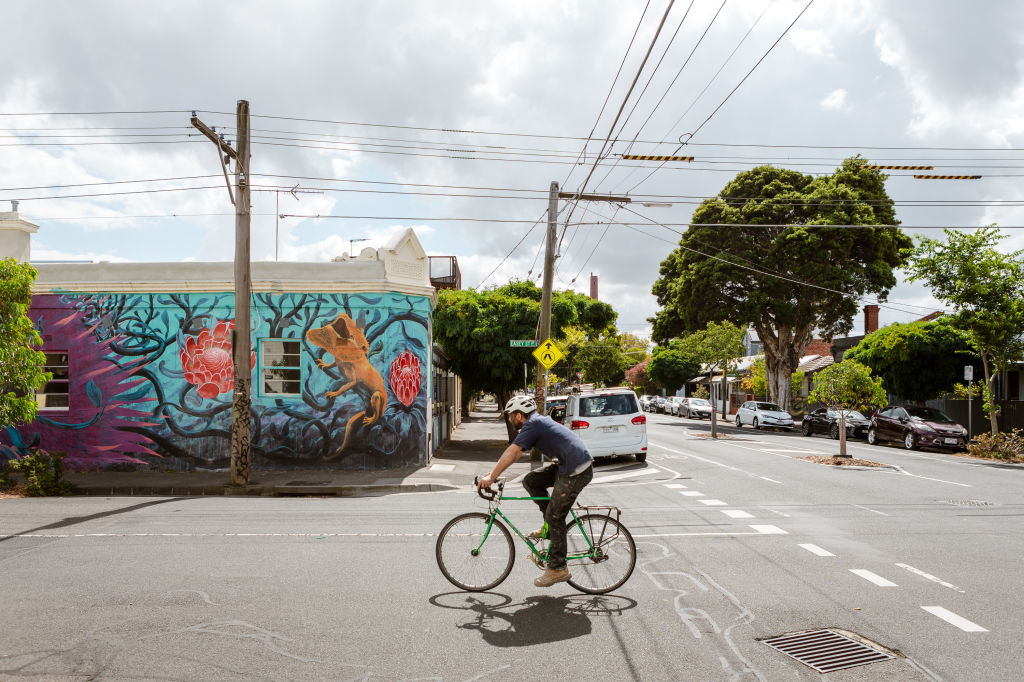
The big-ticket items you can change include your current housing situation – if you’re a renter, it’s cheaper to live in a share house rather than in your own apartment (as an added bonus, you can split that Netflix subscription).
Transport can be another big expense. Consider whether you really need a car if you live near good public transport. Car-pooling to work or university will save on fuel costs. Or dust off that bike for a free trip and free exercise.
You might also think about ways you can increase your income, whether that’s taking on a side hustle, asking for a promotion at work or selling unwanted items on Facebook Marketplace
When you’re busy saving your deposit, it’s a good idea to use your time to get a handle on the market.
“Doing your homework can save you time and money down the track,” Goudy says. “A good mortgage broker will help you understand what grants – such as the state-by-state first-home buyers’ grants – are available. Research the market you’re trying to buy into.
“Be realistic: will you be able to afford this area, or should you look a suburb out? That will save you in terms of buying strata reports and building inspections. Going along to auctions and tracking results will give you extra confidence when it finally comes to taking the plunge yourself.”
We recommend
States
Capital Cities
Capital Cities - Rentals
Popular Areas
Allhomes
More
